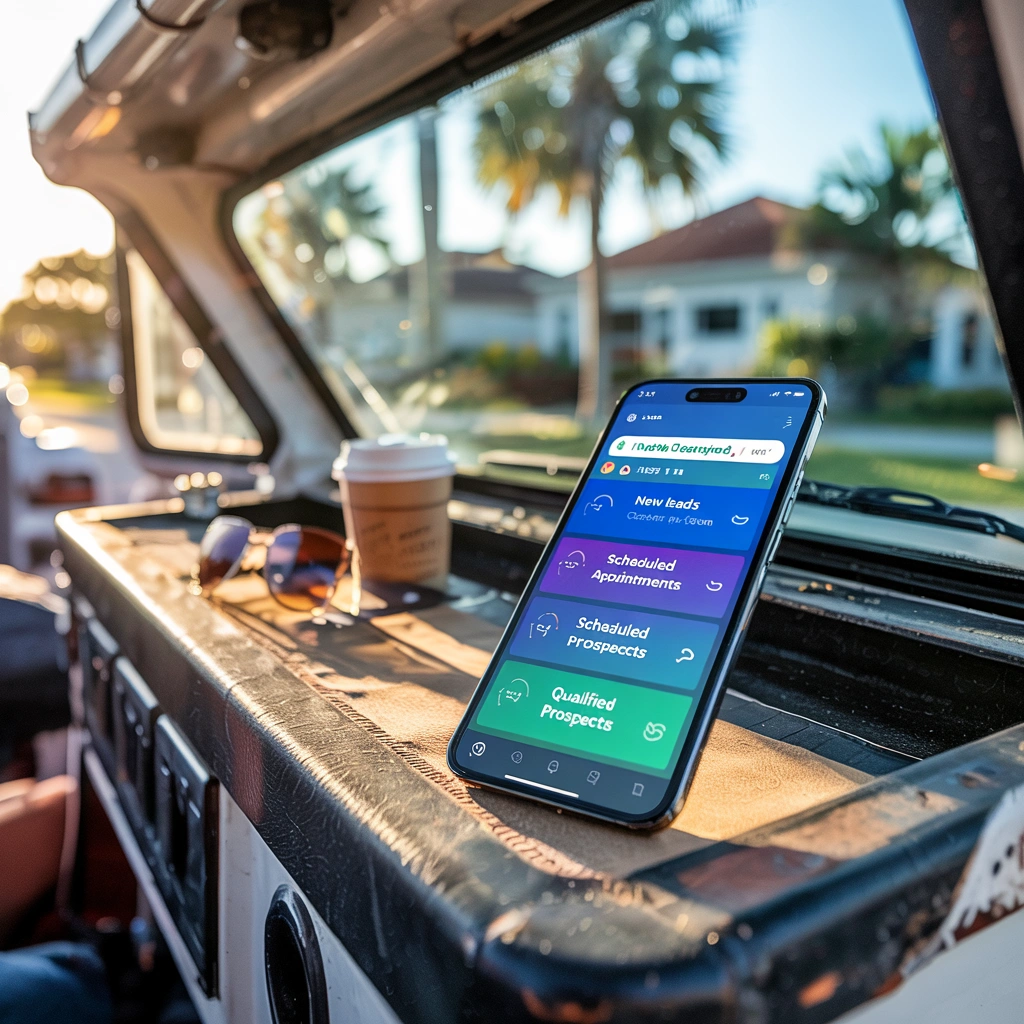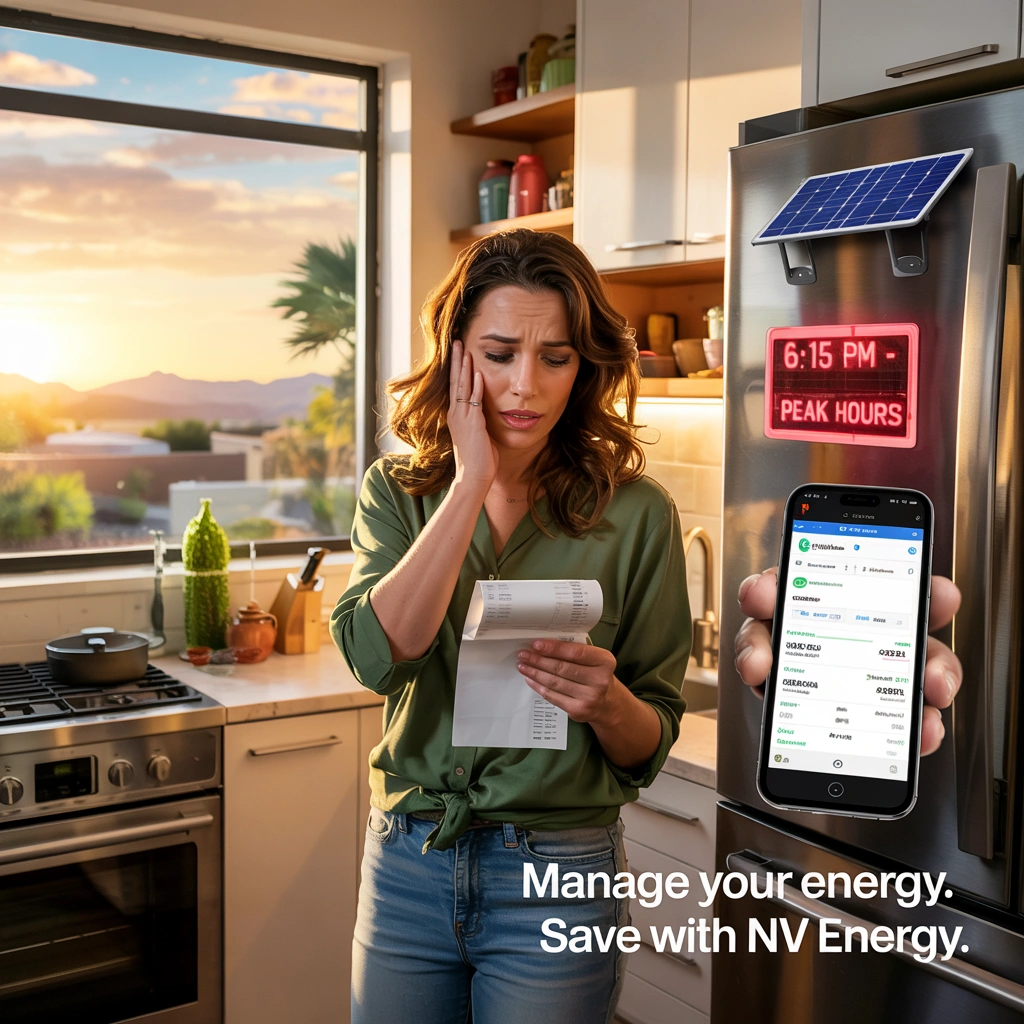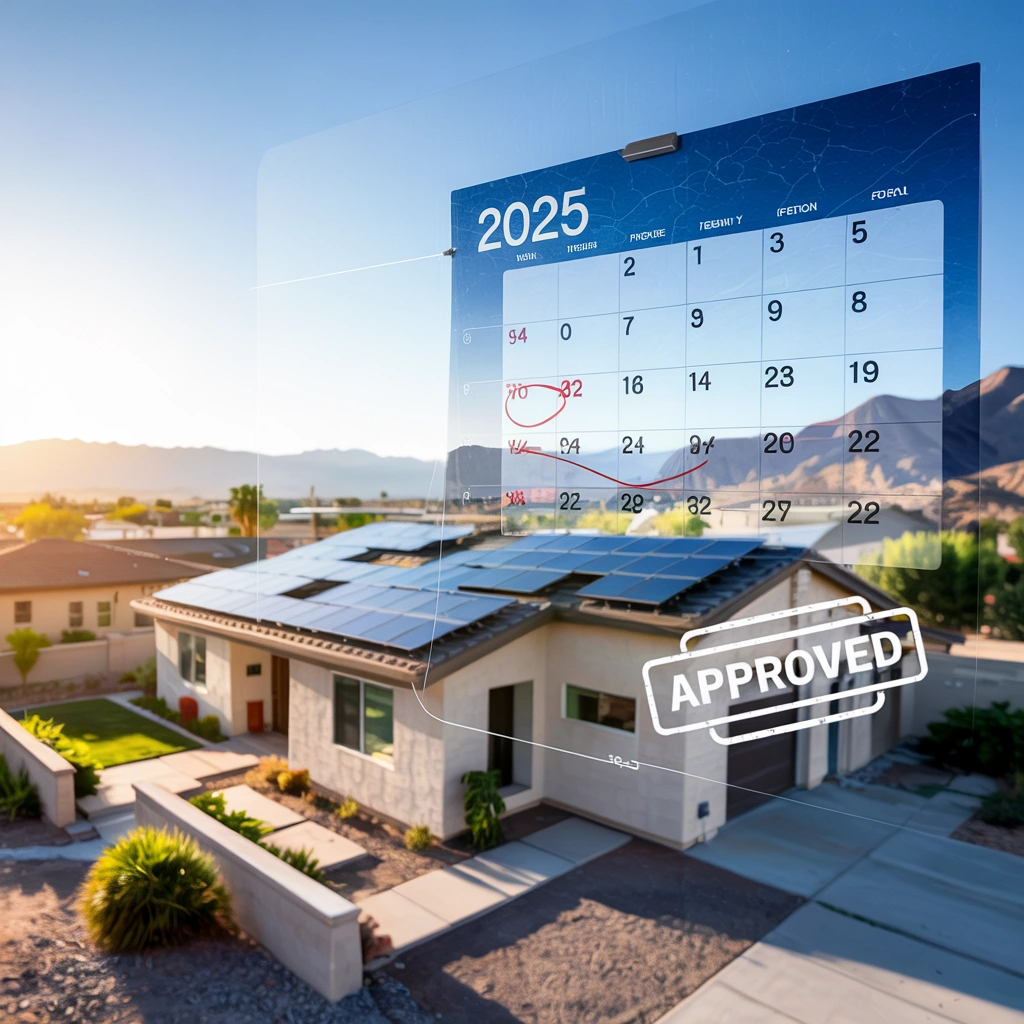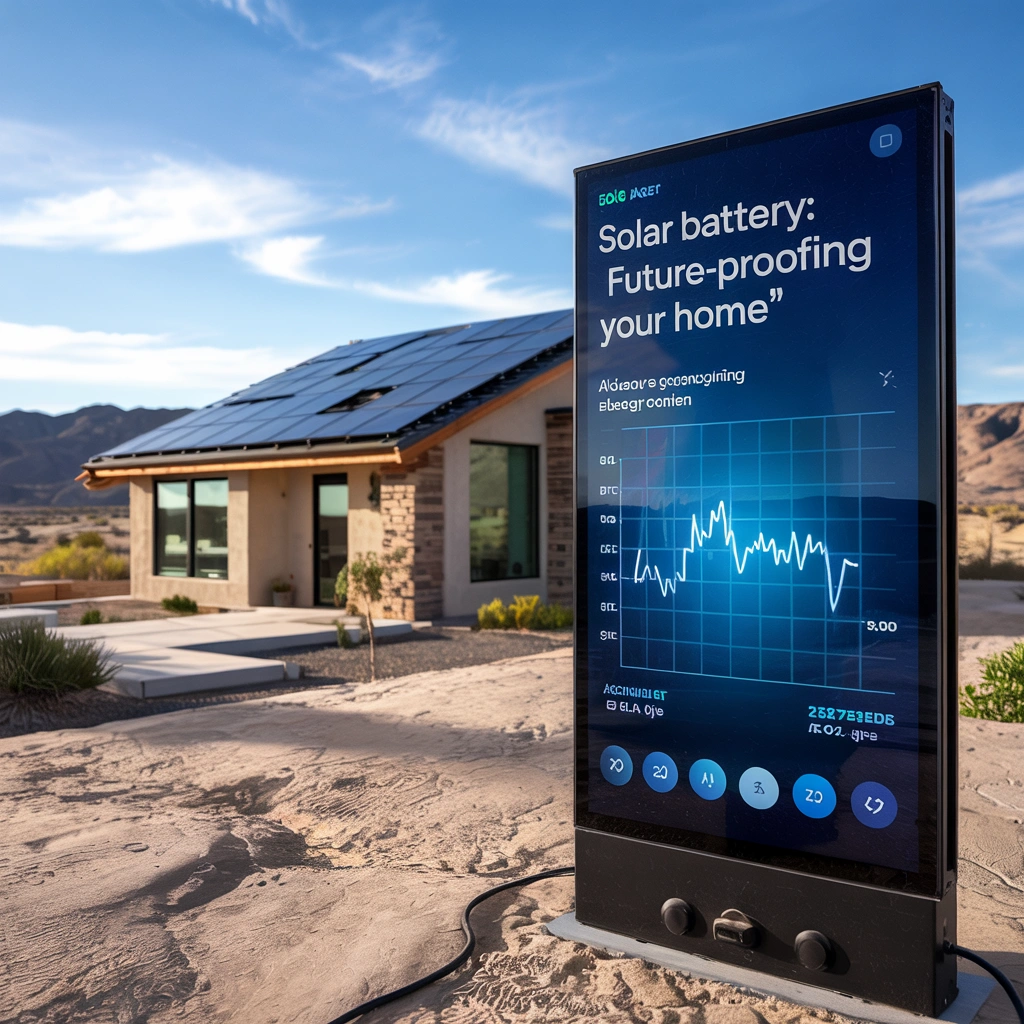How To Market A Renovation Business: Tips For Florida Remodeling Contractors
Summary: A strong digital marketing strategy is essential for remodeling contractors. A local fo, high-quality content, review management, and social media showcase craftsmanship, build trust, and drive qualified leads, ensuring long-term growth in competitive markets. Key Takeaways: A strong digital marketing strategy is no longer optional for remodeling contractors – it’s essential for business growth in today’s online-focused market. Local SEO strategies are crucial for contractors to connect with homeowners in specific neighborhoods and service areas. High-quality website content featuring project galleries and clear service descriptions directly impacts lead generation and conversion rates. Review management builds critical trust signals that homeowners look for when selecting remodeling contractors. Digital Marketing: The Make-or-Break Factor for Remodeling Contractors Most homeowners begin their search for remodeling contractors online, not in phone books or directories. This fundamental shift means digital marketing isn’t just a nice addition to your business strategy—it’s the foundation that determines whether you thrive or struggle to find new clients. Furthermore, remodeling contractors who invest in digital marketing gain a significant competitive advantage over those who don’t. Building a Strong Online Foundation for Your Remodeling Business M&J Trusted Marketing, a content marketing agency specializing in helping Florida home improvement contractors improve their online presence, offers several…
Kitchen Remodeling Marketing: Lead Generation Strategies That Work In 2025
Struggling to find quality kitchen remodeling leads at a reasonable price? With proper strategies, each lead ($45-$650) can deliver 10-20X ROI. Local SEO, Google Ads, and referral systems yield the best results when combined with lightning-fast response times and specialized nurturing for these high-value projects. Key Points Kitchen remodeling leads typically cost between $45-$650, depending on exclusivity and source, with a potential ROI of 10-20X when managed effectively. The most effective lead sources include Local SEO, Google Ads, Facebook Lead Ads, content marketing, and referral systems – each with distinct cost structures and conversion rates. Kitchen renovation leads require specialized nurturing due to longer decision cycles (3-6 months) and higher project values ($30,000-$75,000+). Responding to leads within 5 minutes can dramatically increase conversion rates compared to slower follow-up times. There are platforms out there to help contractors develop sustainable lead generation systems that reduce dependency on expensive third-party providers. How Kitchen Remodeling Leads Generate 10-20X ROI When Done Right Generating profitable kitchen remodeling leads isn’t just about filling your pipeline with prospects—it’s about capturing the right homeowners at the right time with the right message. When executed properly, kitchen remodeling lead generation can deliver an impressive 10-20X return on your marketing investment. What makes…
Choosing the Right Contractor for a High-End Kitchen Remodel in Fort Lauderdale
Summary: Investing $100,000-$200,000 in your Fort Lauderdale kitchen remodel? Don’t risk disaster with the wrong contractor. Look for proper licensing, insurance, luxury experience, and transparent communication—and beware of red flags like cash-only demands or unusually low bids. Key Takeaways High-end kitchen remodels in Fort Lauderdale typically cost between $100,000-$200,000, with pricing starting at approximately $650 per square foot. Florida contractors must have either a certified license (valid statewide) or a registered license, along with proper insurance coverage. The average kitchen remodel takes 6-10 weeks, but can extend significantly longer depending on project scope and material availability. Signs of problematic contractors include unusually low bids, cash-only payment demands, and pressure to sign contracts immediately. M&J Trusted Marketing helps homeowners connect with pre-vetted contractors who specialize in luxury kitchen renovations. High-End Kitchen Remodeling Disasters: What Fort Lauderdale Homeowners Need to Know Kitchen remodeling nightmares happen more often than you might think in Fort Lauderdale’s luxury home market. With high-end kitchen renovations starting at $650 per square foot (or $65,000 for a modest 100 sq ft kitchen), the financial stakes are significant. Many homeowners end up with extended timelines, blown budgets, and substandard workmanship because they failed to properly vet their contractors. The professionals at M&J…
Luxury Kitchen Remodel Cost in South Florida: A 2025 Breakdown
Luxury Kitchen Remodel Cost in South Florida: A 2025 Breakdown Summary: Dreaming of a magazine-worthy kitchen? In South Florida, luxury remodels now range from $85,000-$200,000+, with custom cabinetry ($500-$1,200/linear foot) being the biggest expense. Naples commands a 15-25% premium, while smart technology and indoor-outdoor designs are driving 2025’s high-end trends. Luxury kitchen remodels in South Florida range from $85,000 to over $200,000 in 2025, with location playing a significant role in the final pricing. Custom cabinetry represents the largest expense, ranging from $ 500 to $1,200 per linear foot, followed by premium countertops ($50 to $250/sq ft) and high-end appliances ($ 10,000 to $25,000 or more). Naples commands a 15-25% premium over other Florida locations, while Miami and Fort Lauderdale maintain premium pricing for luxury renovations. Smart home technology, hurricane-resistant materials, and indoor-outdoor kitchen designs are pushing costs higher in 2025. Planning a luxury kitchen renovation in South Florida? Those price tags can take your breath away. In 2025, creating that magazine-worthy culinary space typically runs between $85,000 and $200,000+. Understanding what drives these costs across different South Florida locations helps homeowners make informed decisions about their investment. What $85,000-$200,000 Delivers in a South Florida Luxury Kitchen (2025) A luxury kitchen in South…
Buyer Intent: Jacksonville Remodeling Company Needs More Pre-Screened Leads
Summary: Jacksonville remodeling contractors are burning through 37+ hours weekly chasing unqualified leads at nearly $200 per dead end. But there’s a simple AI solution that screens prospects in under 5 minutes—and it’s transforming how smart contractors operate Key Takeaways Jacksonville contractors waste over 37 hours weekly on unqualified leads, losing thousands in direct costs and missed opportunities from qualified prospects AI chatbots pre-screen leads 24/7 by asking targeted questions about budget, timeline, and decision-making authority before any sales calls According to Service Direct, the average cost per remodeling lead in Florida is around $90, but most leads fail to convert due to unrealistic budgets or indefinite timelines Smart qualification questions can identify serious homeowners versus tire-kickers within five minutes of website interaction Return on investment happens immediately when contractors stop chasing unqualified prospects and focus on ready-to-buy homeowners Why Most Jacksonville Contractors Spend Hours on Leads That Never Close The phone rings at 9 AM with another website inquiry. A homeowner wants kitchen remodeling work, which sounds interesting, and asks for an estimate. The callback happens within 20 minutes. The drive across Jacksonville takes 30 minutes in traffic. The consultation runs 90 minutes with measuring, discussing options, and building rapport. Then the…
Automated Lead Triage for Your Tampa Bay Kitchen & Bath Remodeling Firm
Summary: Tired of spending hours qualifying $5,000 kitchen remodel leads when you specialize in $60,000+ projects? Tampa Bay contractors are using automated systems to filter out bargain shoppers before they ever reach the phone, but the setup process isn’t what you’d expect. Key Takeaways Automated lead triage systems filter unqualified prospects by budget and timeline before they reach your phone, saving 8-15 hours weekly. Tampa Bay remodeling contractors using automated qualification systems report improved close rates and increased project values. Essential features include local lead source integration, project type classification, and budget pre-qualification that works 24/7. Successful implementation starts small with lead capture and instant responses, then expands to appointment scheduling and follow-up sequences. The competitive advantage comes from responding to qualified leads faster while spending zero time on prospects who can’t afford your services. Picture this scenario: It’s 6 AM, and your phone buzzes with another kitchen remodel inquiry. You respond immediately, hoping this is the project that makes your month. Three calls later, you learn they want granite countertops and custom cabinets for $5,000. Sound familiar? This cycle drains time, energy, and opportunities from Tampa Bay kitchen and bath contractors every single day. Manual Lead Sorting Costs Tampa Bay Contractors Hours…
Stop Missing Florida Remodeling Leads: Get a 24/7 Virtual Lead Assistant
Summary: Florida remodeling contractors are hemorrhaging revenue because 70% of homeowners hire whoever responds first, not the cheapest or most qualified. While you’re missing Saturday evening calls, competitors with 24/7 virtual assistants are booking your next $75,000 kitchen project. Key Takeaways Over 70% of customers choose the first contractor who responds to their inquiry, making speed the most critical factor in winning remodeling projects Florida contractors risk losing a significant portion of potential leads due to slow response times, particularly as peak inquiry hours often occur outside standard business hours Virtual lead assistants can capture and qualify leads 24/7, potentially leading to significant revenue growth for remodeling businesses Investment ranges from $200-$2,000 monthly, with contractors potentially seeing a quick return on investment through capturing additional projects A homeowner calls about a $75,000 kitchen remodel at 7 PM on Saturday. The call goes to voicemail while the contractor enjoys family time. By Monday morning, three competitors have already scheduled estimates. Another $75,000 opportunity vanishes into thin air. First Response Wins: Over 70% of Customers Choose the Fastest Contractor Speed trumps everything in today’s remodeling market. Research reveals that over 70% of customers hire the first contractor who responds to their inquiry – not necessarily…
The Ultimate Guide to Automated Lead Generation for Florida Remodeling Success
Summary: Florida remodeling contractors are losing $50,000+ projects every day—not because they lack skills, but because they’re too busy working to answer the phone. Here’s how smart contractors capture leads 24/7, even during snowbird season surges when demand skyrockets. Key Takeaways Automated lead generation systems help Florida contractors capture and convert leads 24/7, solving the problem of missed opportunities during peak business hours Florida’s unique market patterns—from snowbird season surges to hurricane recovery demands—require specialized lead systems that adapt to seasonal fluctuations Exclusive leads typically convert at higher rates than shared leads, with costs varying from $45-$650 depending on source and quality Mobile-first automation with immediate response sequences significantly outperforms manual follow-up methods in Florida’s competitive market Strategic content focusing on Florida-specific challenges like hurricane-resistant materials and energy efficiency attracts premium leads Why Florida Contractors Lose High-Value Projects Daily Many talented remodeling contractors across Florida face a frustrating reality. The phone rings with potential $50,000 kitchen remodel projects while they’re hanging drywall or installing cabinets. By the time lunch rolls around, those callers have already hired competitors who answered immediately. This scenario plays out thousands of times daily from Miami to Jacksonville. Skilled contractors lose work not because they lack expertise, but because…
Kitchen Remodeler’s Guide to Agentic AI Automated Lead Qualification in Florida
Summary: Florida kitchen remodeling companies waste hours chasing unqualified leads with unrealistic budgets, but there’s a specific AI conversation technique that pre-screens prospects before they even reach your contact form—and it’s dramatically improving close rates for local contractors. Key Takeaways Kitchen remodeling companies waste significant time monthly chasing unqualified leads who lack realistic budgets or aren’t ready to hire Agentic AI chatbots pre-qualify leads through intelligent conversations about budget, timeline, and project scope before they reach contact forms Florida’s competitive kitchen market makes lead qualification especially valuable, with project costs varying widely from $25,000 to $150,000+ depending on scope and materials Companies implementing AI qualification systems see consultation close rates improve substantially by filtering out time-wasters The four-step implementation process can transform lead quality within several months, delivering measurable ROI through time savings and increased revenue Running a kitchen remodeling business in Florida means dealing with a constant stream of contact form submissions that promise the world but deliver disappointment. The homeowner who wants a “full kitchen remodel” for $12,000. The tire-kicker collecting quotes from every company in town. The dreamer who’s “just getting ideas” but wastes three hours of consultation time. Many Kitchen Remodeling Consultations Waste Time Due to Unqualified Leads Contact…
Will NV Energy’s Time-of-Use Plan Increase My Electricity Bill?
Summary: Are you prepared for NV Energy’s mandatory demand charges starting April 2026 that could add $20-$38 to every Southern Nevada electricity bill? Your current rate plan won’t protect you from this fundamental billing change. PodCast: Discover whether NV Energy’s Time-of-Use plans will save or cost you money, plus what the mandatory demand charges starting in 2026 mean for Southern Nevada homeowners. Key Takeaways NV Energy’s Time-of-Use plans can lower bills for flexible households but may increase costs for traditional 9-to-5 families who use most electricity during peak hours New mandatory demand charges start April 16, 2026, adding an estimated $20-$38 monthly to Southern Nevada bills regardless of your rate plan Electric vehicle owners and solar customers with battery storage typically see the biggest savings on Time-of-Use plans Demand charges are calculated differently than traditional billing – they’re based on your highest 15-minute usage spike each day, not total consumption Solar panels alone won’t protect against demand charges, but battery systems can help reduce peak usage spikes Southern Nevada homeowners face a confusing maze of electricity billing options. NV Energy’s Time-of-Use plans promise savings for some families while potentially raising costs for others. Meanwhile, new demand charges are looming on the horizon, threatening to…
What Is Nevada Law SB293? A Homeowner’s Guide
Summary: Nevada’s new SB293 law aims to protect homeowners from solar scams by imposing strict requirements for sales teams and contracts. However, many homeowners still don’t know how to identify the red flags that signal violations—or what legal authority they actually have when companies break these rules. Key Takeaways Nevada Law SB293 protects homeowners from solar scams by requiring three-day cancellation periods, employee-only sales teams, and recorded contract conversations starting January 1, 2024. Homeowners can void contracts for SB293 violations, giving significant legal recourse against deceptive solar companies with penalties up to $5,000 per violation. The law mandates enhanced transparency through expanded cover page disclosures, native language contract accessibility, and strict licensing requirements for solar sales representatives. Red flags include unlicensed contractors, missing recorded verification calls, and promises made outside written contract terms that signal potential SB293 violations. Nevada homeowners considering solar installation now have unprecedented protection against deceptive sales practices. This consumer protection law transforms how solar companies operate throughout the Silver State, creating accountability where none existed before. Nevada’s SB293 Protects Homeowners from Solar Scams Starting January 2024 The provisions of Nevada Senate Bill 293 that protect homeowners from solar scams became effective January 1, 2024, marking a watershed moment for…
Deadline Checklist: Getting Your Nevada Solar Loan Approved Before 2026
Summary: Nevada homeowners have until December 31, 2025, to lock in the full 30% federal solar tax credit—but getting loan approval could take longer than you think, and waiting could cost you thousands. Key Takeaways The federal solar tax credit drops from 30% to 26% after December 31, 2025, costing Nevada families up to $1,600 on a typical $40,000 solar system Solar loan requirements include credit scores of 580+ minimum (720+ for best rates), steady income verification, and debt-to-income ratios below 43% Complete loan applications with all documents move through approval in 1-3 weeks, but installation backlogs could push projects past the December 2025 deadline Alternative financing options like home equity loans and solar lease programs exist for families who don’t qualify for traditional solar loans Starting applications now secures better terms before lending standards tighten as the deadline approaches Nevada Solar Loans Get Harder After December 2025—Start Now or Lose Thousands Nevada homeowners face a critical deadline that will directly impact their solar financing options and long-term savings. The federal Residential Clean Energy Credit drops from 30% to 26% on January 1, 2026, representing real money lost for families considering solar installation. On a typical Nevada solar system costing $40,000, this reduction…
How a Solar Battery Storage Can Future-Proof Your Home Against AI-Driven Energy Spikes
Summary: Nevada homeowners are facing a hidden threat to their electricity bills that most people don’t see coming. AI data centers are driving energy demand up 40%, but there’s one proven strategy that’s helping families slash their monthly costs by over $200. Key Takeaways Solar battery storage systems shield Nevada homeowners from unpredictable energy costs caused by AI data centers and rising electricity demand Battery systems can reduce monthly electricity bills by 45-65% on average by storing power during off-peak hours and using it during expensive peak rate periods Nevada homeowners can access federal tax credits (30%) to significantly reduce upfront battery installation costs Smart battery integration with home automation systems creates predictive energy management that adapts to weather patterns and usage habits Professional installation typically takes 5-6 weeks, and proper system sizing varies from 10-30 kilowatt-hours, depending on home size and backup power needs Nevada’s energy landscape faces unprecedented challenges as artificial intelligence drives massive increases in electricity demand. Data centers powering AI applications are requesting nearly six gigawatts of electricity capacity in the Reno area alone over the next decade—requiring a 40% increase in the state’s power sector capacity. This surge threatens to destabilize utility costs for everyday homeowners who already…
Your Three-Day Right to Cancel a Solar Contract in Nevada
Summary: If you’ve signed a solar contract in Nevada and are having second thoughts, you might have more options than you think. The state’s consumer protection laws include specific cancellation rights, but the timing requirements are stricter than most homeowners realize. Key Takeaways Nevada law grants homeowners three business days to cancel most solar contracts without penalty or explanation needed Saturday counts as a business day for cancellation purposes, but Sundays and federal holidays do not Solar companies must provide written cancellation procedures and email addresses on contract cover pages under Nevada’s SB293 Federal FTC rules provide additional protection for certain in-home solar sales Understanding these legal safeguards helps protect against high-pressure sales tactics and potentially unfavorable agreements Solar contracts represent major financial commitments that can span decades. When high-pressure sales tactics leave homeowners with second thoughts, Nevada’s consumer protection laws provide needed safeguards. These legal protections exist specifically to give homeowners time to make informed decisions without sales pressure. Nevada Law Grants Three Business Days to Cancel Most Solar Contracts Nevada’s consumer protection statutes establish clear cancellation rights for solar contracts. Homeowners can rescind solar purchase agreements, lease contracts, power purchase agreements (PPAs), and distributed generation system contracts within three business days…













